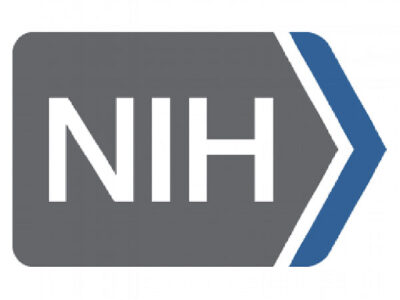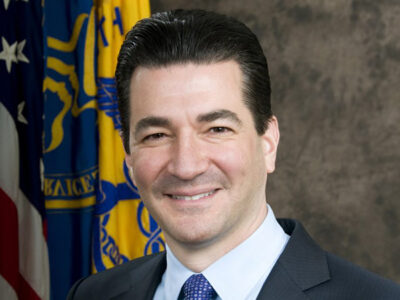Intricate deception went into luring NIH Director Francis Collins onto Sacha Baron Cohen's television show.
Billy Wayne Ruddick Jr., Ph.D., is a character eerily reminiscent of someone we know, a distant relative who picks political fights on Facebook and Twitter.
House committee defoliates NIH funding for WHO program that declares weedkiller Roundup a carcinogen
The House Committee on Appropriations has withheld funding for the WHO International Agency for Research on Cancer—which receives about $2 million from the United States per year—because of controversy over the agency's label for glyphosate, a chemical commonly used in weedkillers.
Researchers at Project GENIE, the largest publicly available genomic database in the U.S., understand what it takes to convert sequencing data into real-world evidence: a lot of money, manpower, and data harmonization, said Shawn Sweeney, director of the American Association for Cancer Research Project GENIE Coordinating Center.
With 11 new partners, AACR’s Project GENIE to make available genomic data from 60,000 tumors by 2019
Project GENIE, already the largest publicly available genomic data repository in the U.S., is on track to publish information on 60,000 sequenced tumors—derived from an international network largely comprised of academic cancer centers—by January 2019.
To modernize drug development, FDA plans to add review divisions to its Center for Drug Evaluation and Research and organize those divisions around disease types, FDA Commission Scott Gottlieb said July 25 to members of Congress in a House Energy and Commerce Committee hearing.
Agios Pharmaceuticals Inc., the sponsor of two drugs that may change the outcomes for a subset of acute myelogenous leukemia patients, is focused on more than AML.
As the landscape in acute myelogenous leukemia changes, consultations with top-tier experts have become a necessity, said John Byrd, the principal investigator of Beat AML, Distinguished University Professor, the D. Warren Brown Professor of Leukemia Research at The Ohio State University, a member of the NCI Leukemia Steering Committee, chair of the Leukemia and Correlative Science Committee within the Alliance for Clinical Trials in Oncology.
An actuary might note that if you were in residency at the time when the 7+3 protocol of cytarabine and daunorubicin was first used to treat acute myelogenous leukemia, chances are you are considering retirement just about now.
As a veteran of the FDA Oncologic Drugs Advisory Committee, Maha Hussain took part in the group's past discussions on treatment options for men with non-metastatic castration-resistant prostate cancer.















